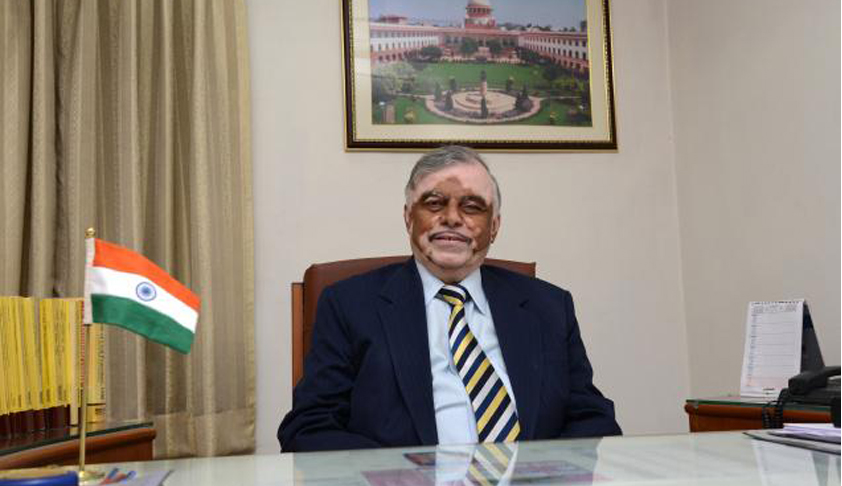“Judiciary is not untouched by corruption” says CJI designate Justice P Sathasivam
LIVELAW NEWS NETWORK
2 July 2013 7:19 PM IST

Next Story
2 July 2013 7:19 PM IST
Chief Justice of India designate Justice P Sathasivam spoke to the media on various issues. Live Law brings you a summary of the views expressed by Justice Sathasivam.On Corruption in JudiciaryJudiciary is not untouched by corruption. The solution for eliminating this disorder majorly lies in the hands of litigants. The litigants must take the responsibility of bringing to light such...
